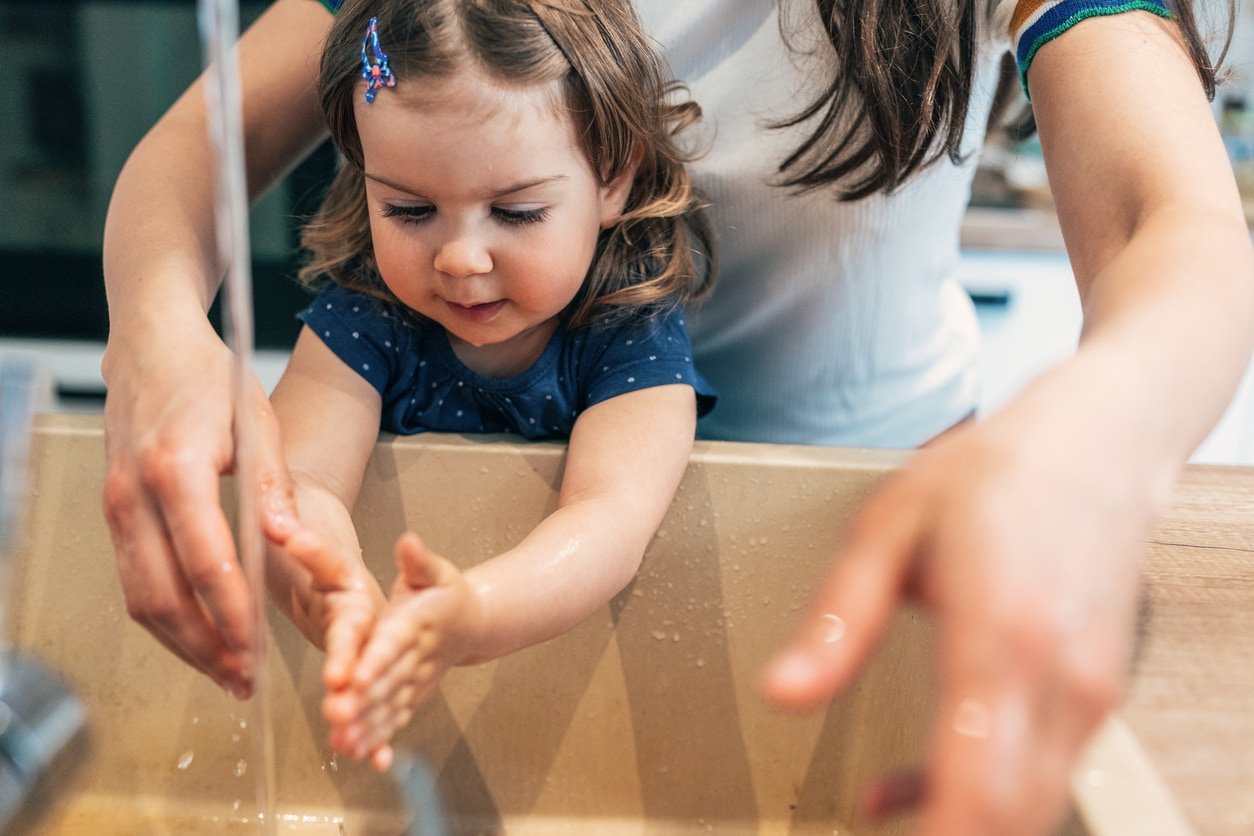Social media is the master puppet that pulls our heartstrings. You are scrolling through social media and nostalgically liking pics of your friends cuddling with their young children. Then, your memories remind us that those moody and unaffectionate teens once snuggled on our laps and enjoyed our kisses.
Watching our kids grow up can be the battle of bitter versus sweet. On the one hand, we are proud of the people they are evolving into, and on the other hand, we miss the days when we were the biggest rock stars on the planet, and they ran towards us with open arms at pick up.
Parenting teenagers has perks and frustrations. Perks include the ability to clean up their messes, manage their own self-care and hygiene habits, and form their own opinions. Some of the biggest downers of teens include attitudes, raging hormones, and fear of poor judgment. Despite the hormones, attitudes, and lack of overt gratitude, they do still love and need us more than just as chauffeurs and ATMs.
Rather than mourning what was, celebrate what is.
Pay attention because their actions speak louder than words, particularly the little acts. Gratitude and love show up differently for everybody, but the little gestures are grander than meets the eye.

7 ways teen boys show that they’re grateful to their parents
1. Teenage boys show their gratitude by asking for our help, advice, and opinions
Although the parent/child dynamic changes with time, our kids never stop needing us. Asking for help means acknowledging that you have the street credibility to guide them through their world. They might not follow our advice, but that’s okay because they are their critical thinkers who have to do what’s best for them. Celebrate that they even ask because they could leave you out of the loop and seek advice elsewhere.
2. Teenage boys show their gratitude by seeming relieved when we show up
Show up. They notice when we don’t show up. They probably won’t express it, but it comforts them to see us. They might say they don’t care if you miss their game or performance. However, when they have a big moment, regardless if it’s a hit or flop, they will need you to share the moment’s glory or help pick up the pieces.
3. Teenage boys show their gratitude by talking about their day with us
Whether it’s about a funny moment at practice or the incident in the lunchroom, they are opening up and communicating about something. If they are comfortable sharing the little things, they are likely to warm up for the confidential and important stuff.
4. Teenage boys show their gratitude by complimenting something we do
They are watching us when we don’t realize it because they are looking to see how to do this and that. Whether it’s how you make your grandmother’s lasagna or how you spoke to the restaurant server when the chicken was undercooked, you are modeling, and they are noticing. Be proud because nothing gives us a jolt of confidence like a compliment.
5. Teenage boys show their gratitude by noticing when you go out of your way for them and their friends
Hopefully, by this time, they realize that time is costly. A little goes a long way, whether it’s being the parent who picked up extra carpool shifts, buying their friends their favorite snacks, or being an additional set of hands on a project. Helping is part of what you do to show love, and they reciprocate by noticing, even if they don’t formally say “thank you.”
6. Teenage boys show their gratitude by asking us about ourselves
Nothing feels cooler than a teenager acknowledging some parts of us outside our role as parents. They are more interested in your journey than you think. Stories, photos, and IRL tours can help them understand who you were before they came along and who you are when you are not their parent.
7. Teenage boys show their gratitude with words: Thank you, I love you.
This is the ultimate double rainbow, pots of gold-unsolicited compliments, and expressions of love and gratitude without being prompted. Please don’t take it for granted. It might not be easy for them to say it, but they said it.
As they grow up and attempt to navigate the world and their place in it, they pay attention to us and how we handle ourselves and life’s boomerangs.
They might not ask for advice, but they are watching us on how we model the dos and don’ts of situations. Rather than mourn what they don’t do anymore, celebrate what they do. They will never want to cling to our legs again, but would you want them to anyway?
More Great Reading:
6 Ways to Get Teen Boys to Open Up and Engage In Deeper Conversation

 PARENTING TIPS
PARENTING TIPS PREGNANCY
PREGNANCY BABY CARE
BABY CARE TODDLERS
TODDLERS TEENS
TEENS HEALTH CARE
HEALTH CARE ACTIVITIES & CRAFTS
ACTIVITIES & CRAFTS


